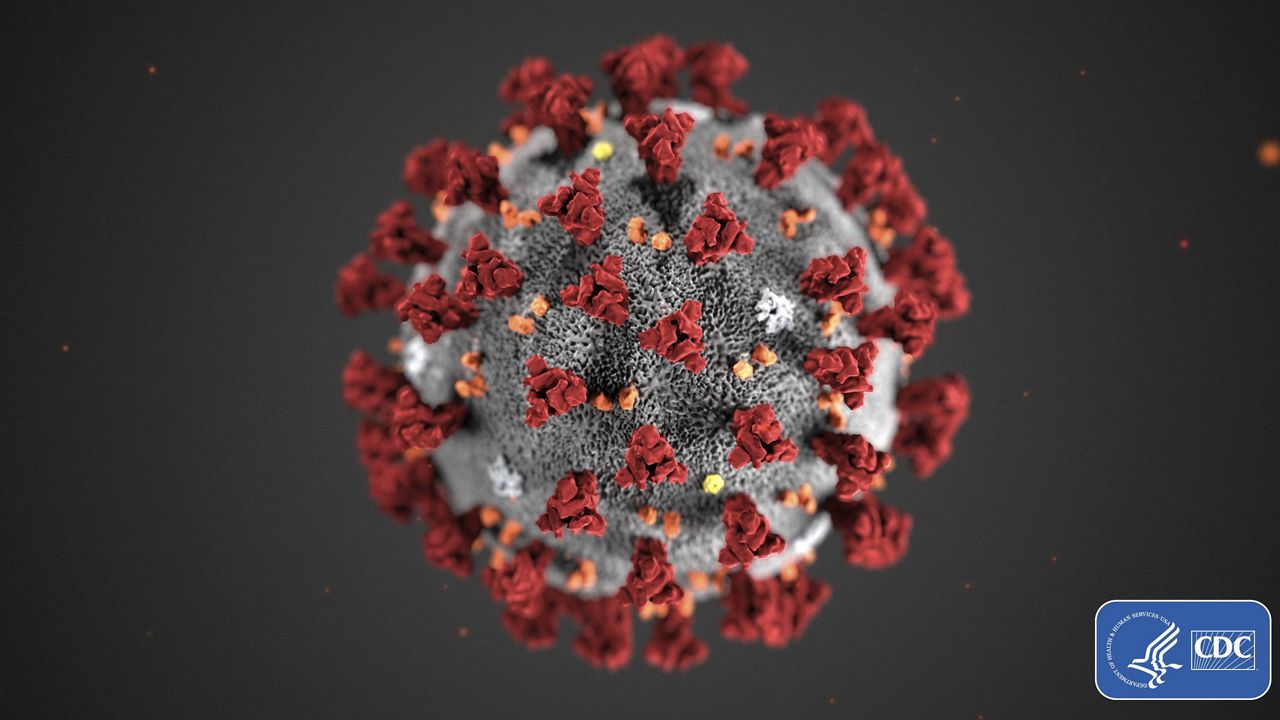While highly contagious coronavirus variants first detected in the United Kingdom, South Africa, and Brazil have generated headlines and concerns, scientists say in a new study that they’ve discovered seven variants that originated in the U.S.
What You Need To Know
- Scientists say in a new study that they’ve discovered seven variants that originated in the U.S.
- Researchers in Louisiana and New Mexico independently detected the same variant involving a mutation of the virus’ 677th amino acid
- The scientists then began searching a database for other 677 mutations and found six similar variants that evolved independently
- It’s not yet know if these variants are more contagious strains of the novel coronavirus or if the currently approved vaccines offer protection against them
The study, which has not yet been peer reviewed, was posted Sunday on medRxiv, a website for unpublished preprints of medical research.
After discovering one variant while sequencing COVID-19 tests, Dr. Jeremy Kamil, a virologist at Louisiana State University Health Sciences Center Shreveport, posted its genomes to an online database used by scientists around the world. The next day, he received an email from Daryl Domman at the University of New Mexico Health Sciences Center, who said he and his colleagues had recently detected the same variant involving a mutation of the virus’ 677th amino acid, The New York Times reported.
The scientists then began searching the database for other 677 mutations and found six similar variants that evolved independently, the earliest example dating back to July.
It’s not yet know if these variants are more contagious strains of the novel coronavirus or if the currently approved vaccines offer protection against them.
"Given the broad detection of the lineages across multiple states and the apparent increase in frequency of detection," the variants "merit further study for potential differences in transmissibility," the study says.
The authors of the study named each of the variants after birds, such as Robin 1, Robin 2, Pelican and Mockingbird. Study co-author Dr. Emma Hodcroft, with the University of Bern in Switzerland, said on Twitter the naming system was needed to avoid confusion, since the variants shared the same mutation, and because they wanted to steer clear of using geographical locations.
The researchers noted that the parallel evolution of the same trait in the variant could indicate the virus is adapting in a way that could be more advantageous for its spread or transmission. They say monitoring the mutations can give them a better understanding of why the virus is evolving in a certain way.
It’s difficult to know just how prevalent the newly detected variants are because the United States sequences genomes from less than 1% of COVID-19 test samples.
The scientists said more variants are likely to be found in the U.S. and in other countries where the virus is spreading rapidly.



